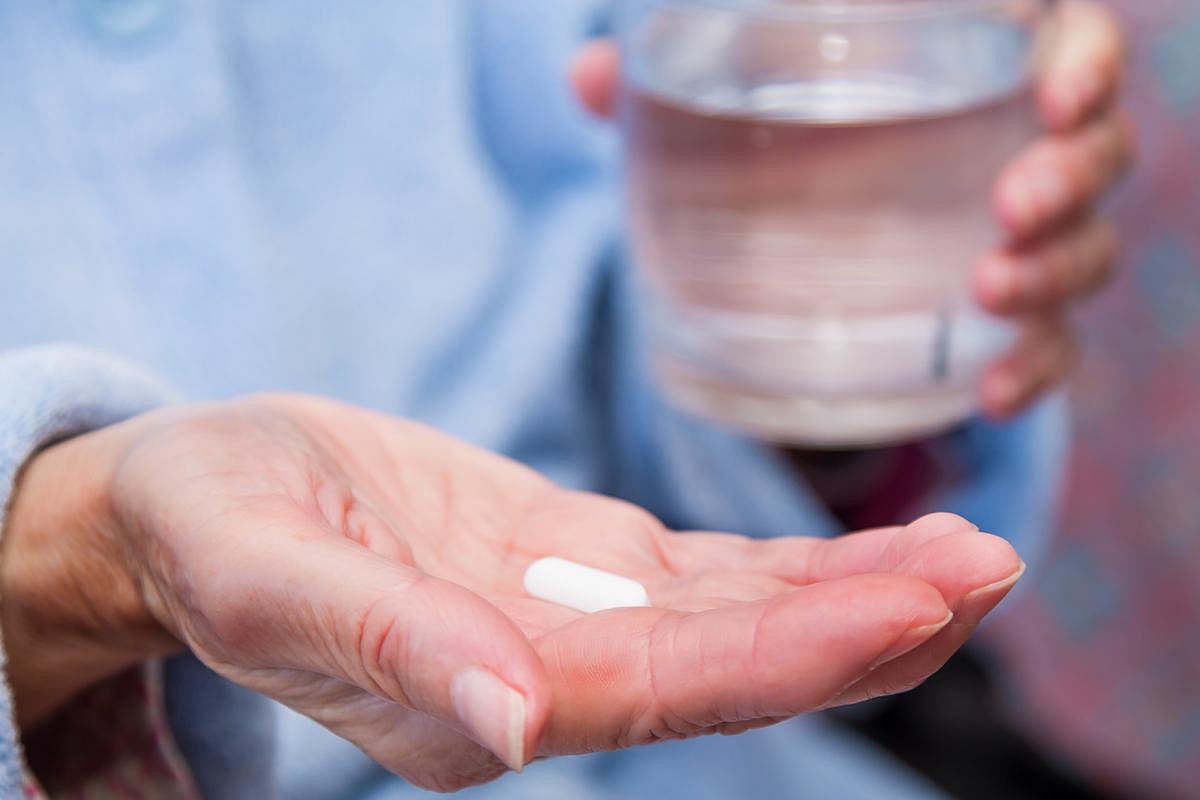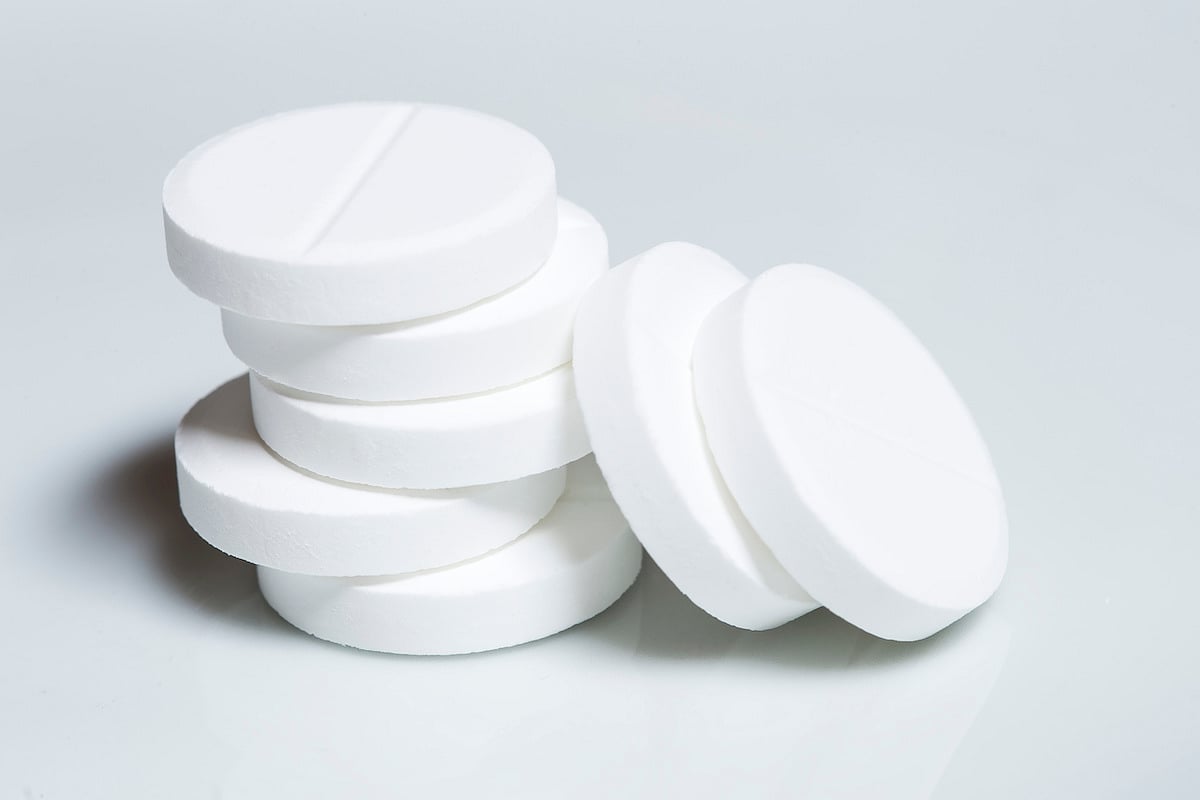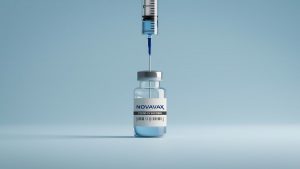
— Can’t get your teenage girl off her smartphone, iPad or laptop? This could cost her much-needed sleep and increase her risk of depression, a new Swedish study says. Teenagers who spend more time on screens tend to get worse sleep, both in terms of sleep quality and duration, researchers reported April 2 in the journal PLOS Global Public Health. Screen time also caused teens to put off sleep until later hours, affecting their wake/sleep cycles, researchers found. These sleep disturbances are linked to later depression symptoms in girls, but not in boys, results show. “We found that adolescents who reported longer screen times also developed poorer sleep habits over time,” concluded the research team led by Sebastian Hökby, a doctoral student at the Karolinska Institute in Sweden. “In turn, this led to increased depression levels, especially among girls.” For the study, researchers tracked more than 4,800 Swedish students between 12 and 16 years of age, collecting data on sleep, depression symptoms and screen time at three different points during the course of a year. Depression symptoms among girls were more than twice those of boys, a gender difference that’s been found in earlier studies, researchers reported. Results also showed that 38% to 57% of girls’ depression symptoms could be explained by changes in sleep patterns driven by screen use. Boys who spent more time… read on > read on >

































-300x200.jpg)






